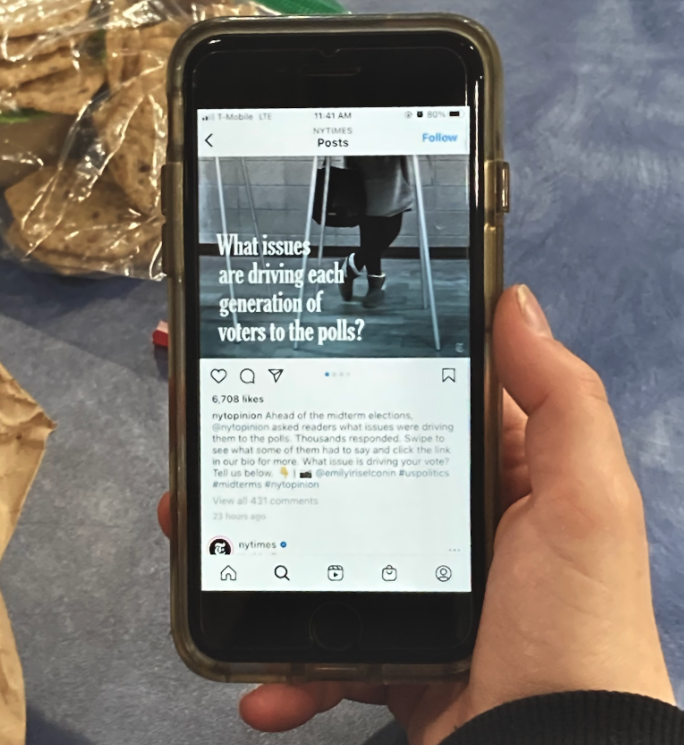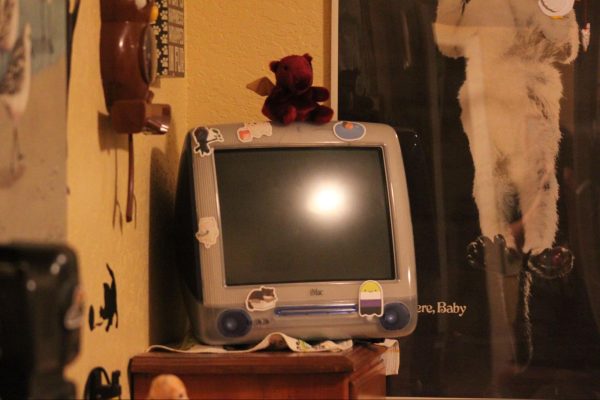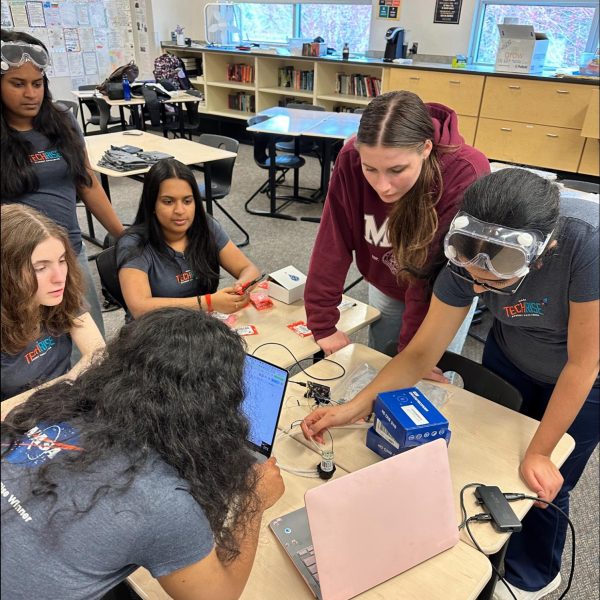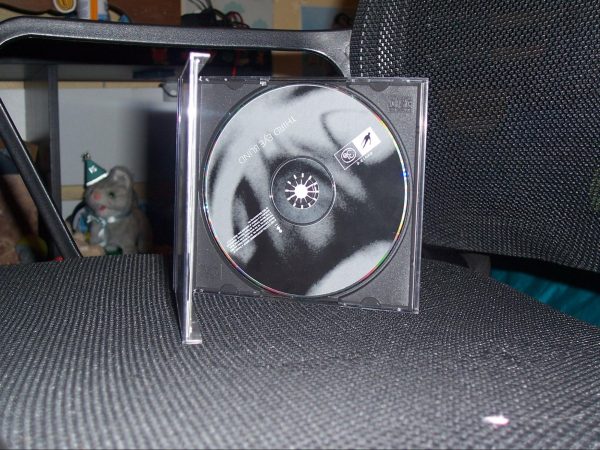Local Journalism is Dying but We Keep Scrolling
It probably won’t surprise you to hear that in-print newspapers are going extinct. As the world develops to become more digital, many industries have been forced to adapt. However, while larger national newspapers are finding their footholds in the online world, local news still lags behind. Data from the Pew Research Center shows that since 2015, local weekday circulation has fallen by 40%, and local Sunday circulation by 45%. According to Northwestern University’s 2022 report, “The State of Local News”, “Most communities that lose a newspaper do not get a digital or print replacement.” This reality leaves many Americans without a reliable source of information. Communities that are poorer and older oftentimes lack the resources to transition to a digital model, making them even more vulnerable to losing local journalism. This phenomenon has become so common that it’s earned a nickname: News Deserts. Northwestern reports that over a fifth of Americans live in a News Desert, or in a community at risk of becoming one.
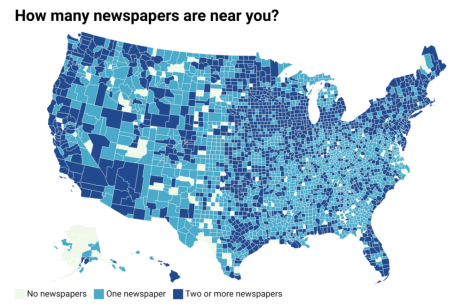
The importance of local papers cannot be stressed enough. When cities lose their sources of local journalism, democracy suffers. Increases in corporate and government corruption as well as declines in voter participation follow closely when papers close. Not to mention, local papers have broken countless stories with national and even global reach. It was the Boston Globe that uncovered the abuse by priests in the Catholic church, the Miami Herald that broke the story about Jeffery Epstein, and the Indianapolis Star which exposed Larry Nassar.
So, how does Bothell measure up in this national information drought? King County has 21 newspapers— we’re not a News Desert. In comparison to many other parts of the country we’re pretty well equipped with local journalism. But what good are all these papers if we’re not reading them?
After conducting a poll of BHS students and staff, 28 of the 33 student respondents said they couldn’t name a local paper in the Northshore area. 2 students named the Catamount and 2 more, the Seattle Times. It’s no wonder that so many BHS students use social media as their primary source of news. The majority of student respondents rated their frequency of social media use for news at 4 or 5 on a scale of 1 (seldom/never used) to 5 (very often used). 75.75% of student respondents listed social media as either their most used news source or tied for most used along with other sources.
Katherine Straus (‘23) listed social media platforms as her most used news source. “My primary source of news would probably be a creator on youtube called Phil DeFranco. […] My secondary would probably be TikTok, unfortunately.” Straus added, “There’s only a few people I really listen to on there because I know they’re trustworthy sources.” They also pointed out how difficult it can be to tell what’s real on the internet, “It’s so incredibly hard to distinguish now between what is legitimate and what is not. Social Media has made that ten times harder”.
Not only does social media leave us unsure of what or who to trust, but it can burn us out and make us disinterested in the news altogether. “It’s an information overload,” Straus says. “If your algorithm sees that you’re liking a lot of these posts or you’re viewing a lot of them then it will keep feeding them to you. I feel like a lot of teenagers […] have sort of checked out.”
The problem is cyclical. More people are turning to social media for their news, and the algorithm tells them exactly what they want to hear about current events, increasing polarization. The more polarized we become, the more we distrust news sources that disagree with us, leading more people to get their news from someone’s crazy uncle on Facebook.
When I look around at our country today, I get nervous. America is rife with conspiracy theories, distrust of media, misinformation and polarization. I often find myself asking, how did we get here? I’m not equipped to answer that question fully, but I can say with complete certainty that the rise in social media usage and the subsequent loss of local journalism has been devastating for American democracy. Please, don’t discount local news. We need it more than we seem to know.


